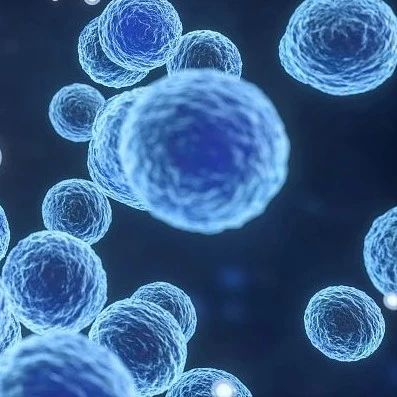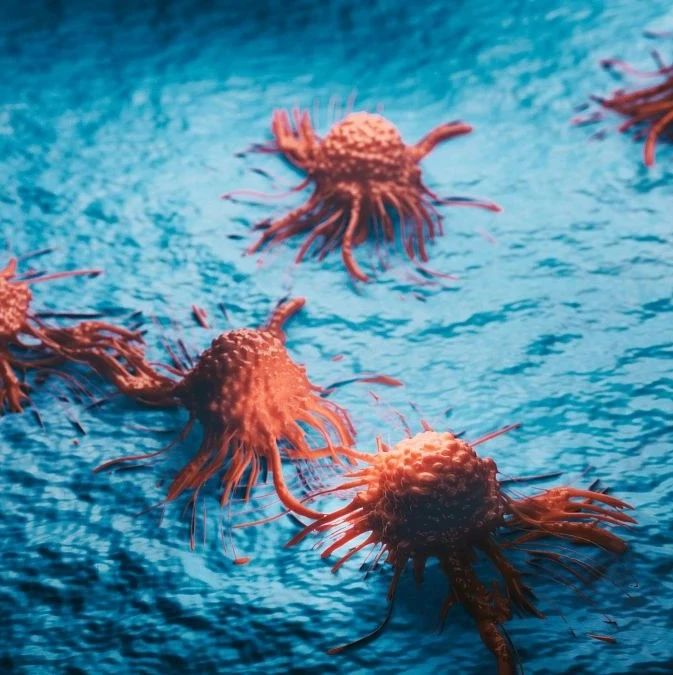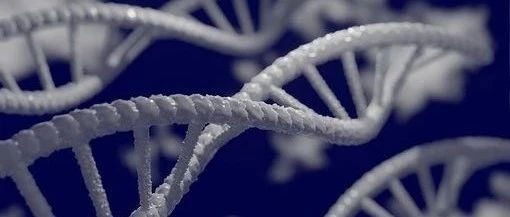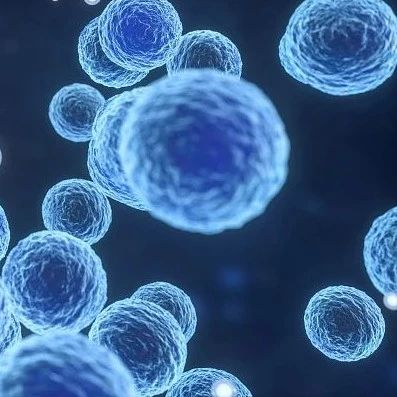
英科学家发现引发抑郁症的新型分子路径,为靶向治疗抑郁症患者提供了希望。
近日刊于《神经精神药理学》杂志的一篇文章中,来自伦敦大学国王学院精神病学研究所的研究人员鉴别出了一种引发抑郁症的新型分子路径,这就为潜在的靶向药物开发带来了帮助,该项研究首次揭示了Hedgehog通路是如何在抑郁症发病过程中调节应激激素,从而减少大脑细胞数量的。
在英国,5个人中会有一个人受到抑郁症的影响,抑郁症可以引发患者悲伤和绝望、严重者甚至自残或者自杀。目前治疗抑郁症的疗法包括药物疗法或者交流的疗法,通常医生们会进行药物疗法和交谈疗法相结合来对患者进行治疗。
本研究中,研究者Christoph Anacker研究了人类的干细胞,其是人类大脑新细胞的来源,研究者进行研究,试图去发现应激激素对脑细胞发育所带来的效应。应激激素,比如皮质醇,通常在个体压力状态或者抑郁状态下水平会升高,研究小组在实验条件下研究发现,高浓度的皮质醇可以损伤大脑干细胞的功能,并且减少大脑新生细胞的数量。他们发现了大脑中的一种特殊的信号分子路径,名为Hedgehog通路,其主要负责上述的整个过程,随后研究者使用动物模型确定了,暴露在压力条件下确实可以抑制大脑的Hedgehog途径。
研究者使用化合物purmorphamine,其可以刺激Hedgehog途径,研究者发现使用这种化合物就可以逆转应激激素对大脑的损伤效应,而且可以恢复大脑新细胞的产生。
应激激素通过抑制Hedgehog信号途径,就可以抑制大脑中未成熟干细胞发育成为成熟的大脑细胞。这项研究为研究者们开发新型的靶向抗抑郁症药物提供了帮助和希望,相关研究由美国国立卫生研究院等机构提供资助。

 Glucocorticoid-Related Molecular Signaling Pathways Regulating Hippocampal Neurogenesis
Glucocorticoid-Related Molecular Signaling Pathways Regulating Hippocampal Neurogenesis
Christoph Anacker, Annamaria Cattaneo, Alessia Luoni, Ksenia Musaelyan, Patricia A Zunszain, Elena Milanesi, Joanna Rybka, Alessandra Berry, Francesca Cirulli, Sandrine Thuret, Jack Price, Marco A Riva, Massimo Gennarelli and Carmine M Pariante
Stress and glucocorticoid hormones regulate hippocampal neurogenesis, but the molecular mechanisms underlying their effects are unknown. We therefore investigated the molecular signaling pathways mediating the effects of cortisol on proliferation, neuronal differentiation and astrogliogenesis, in an immortalized human hippocampal progenitor cell line. In addition, we examined the molecular signaling pathways activated in the hippocampus of prenatally stressed rats, characterized by persistently elevated glucocorticoid levels in adulthood. In human hippocampal progenitor cells, we found that low concentrations of cortisol (100nM) increased proliferation (+16%), decreased neurogenesis into microtubule-associated protein 2 (MAP2)-positive neurons (-24%) and doublecortin (Dcx)-positive neuroblasts (-21%), and increased differentiation into S100ß-positive astrocytes (+23%). These effects were dependent on the mineralocorticoid receptor (MR) as they were abolished by the MR antagonist, spironolactone, and mimicked by the MR agonist, aldosterone. In contrast, high concentrations of cortisol (100μM) decreased proliferation (-17%) and neuronal differentiation into MAP2-positive neurons (-22%) and into Dcx-positive neuroblasts (-27%), without regulating astrogliogenesis. These effects were dependent on the glucocorticoid receptor (GR), blocked by the GR antagonist RU486, and mimicked by the GR agonist, dexamethasone. Gene expression microarray and pathway analysis showed that the low concentration of cortisol enhances Notch/Hes-signaling, the high concentration inhibits TGFß-SMAD2/3 signaling, and both concentrations inhibit Hedgehog signaling. Mechanistically, we show that reduced Hedgehog signaling indeed critically contributes to the cortisol-induced reduction in neuronal differentiation. Accordingly, TGFß-SMAD2/3 and Hedgehog-signaling were also inhibited in the hippocampus of adult prenatally stressed rats with high glucocorticoid levels. In conclusion, our data demonstrate novel molecular signaling pathways that are regulated by glucocorticoids in vitro, in human hippocampal progenitor cells, and by stress in vivo, in the rat hippocampus.
文献链接:Glucocorticoid-Related Molecular Signaling Pathways Regulating Hippocampal Neurogenesis







